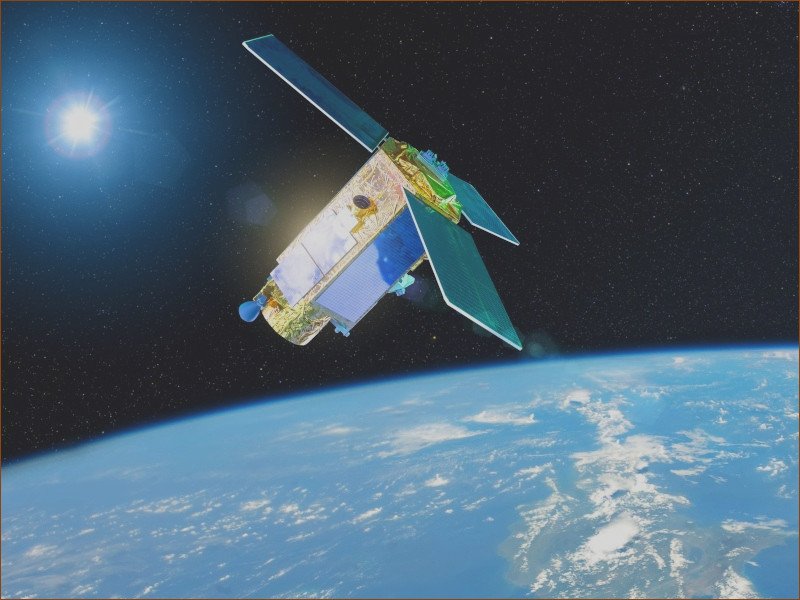In a groundbreaking development that promises to reshape satellite operations, Dublin-based Réaltra Space Systems Engineering has secured a prestigious contract from the European Space Agency (ESA). This ambitious project aims to harness the powers of artificial intelligence (AI) and machine learning (ML) to enhance failure detection and recovery systems in Low Earth Orbit (LEO) satellites.
Joining forces with Ubotica, another innovative space-tech firm rooted in Dublin, Réaltra is set to push the boundaries of satellite autonomy. Their initiative, aptly named ‘Machine Learning-Based On-Board Autonomy,’ is heavily backed by ESA’s General Support Technology Program, and notably, it has already triumphantly crossed the preliminary design review stage.
The driving force behind this endeavor is to deploy high-performance AI/ML systems aboard satellites – systems that consume minimal power yet boast low-latency inferencing capabilities. This means that data retrieved from satellites will undergo rapid processing through AI algorithms, enabling swift and informed decisions.
At the heart of this initiative lies the data sets of EIRSAT-1, a pioneering satellite launched last year, which marks Ireland’s first foray into space innovation. The Réaltra team envisions that embracing AI/ML in satellite monitoring could dramatically slash operational costs, principally by diminishing the reliance on human oversight and significantly curtailing satellite downtime.
This cutting-edge technology not only allows for the prompt detection and response to anomalies, but it also paves the way for broader integration of commercial off-the-shelf electronics, further driving down the costs associated with future avionics.
“As the global space economy expands, the urgency to innovate and adapt to new technological paradigms grows exponentially,” states Danny Gleeson, the Chief Commercial Officer of Réaltra. “Seizing this ESA project is a significant milestone for us, and we eagerly anticipate advancing the frontiers of space technology.”
The cosmos is witnessing an astronomical increase in satellite activity – estimates suggest that the count of active satellites in LEO could soar to over 60,000 by 2030, a staggering rise from nearly 10,000 currently orbiting as of this May.
James Murphy, helming the project and serving as a space software and AI engineer at Réaltra, emphasizes the critical need for these aerial sentinels to evolve. “The advent of expansive satellite constellations demands a smarter approach. On-board AI is becoming essential for satellite missions, unlocking levels of autonomy we’ve only dreamt of before.”
Moreover, Fintan Buckley, the CEO of Ubotica, underscores the transformative potential of their collaborative efforts. “By enabling instantaneous decision-making in orbit, facilitating autonomous operations, and optimizing data processing, we are taking a leap forward in the quest for enhanced fault detection, isolation, and recovery in satellite systems.”
With two Réaltra-designed technologies—a video telemetry system and a global navigation satellite system—successfully launched aboard the ESA’s Ariane 6 rocket earlier this year, the foundations for this ambitious venture are already solidified.
Additionally, just weeks earlier, Ubotica and NASA unveiled a research paper on ‘Dynamic Targeting’ for Earth observation, illustrating the application of AI in developing intelligent satellite systems—a testament to the ingenuity emerging from this vibrant partnership.
As the stars beckon, the journey toward an autonomous and economically viable satellite future is just beginning, driven by innovation and the relentless pursuit of exploration.

